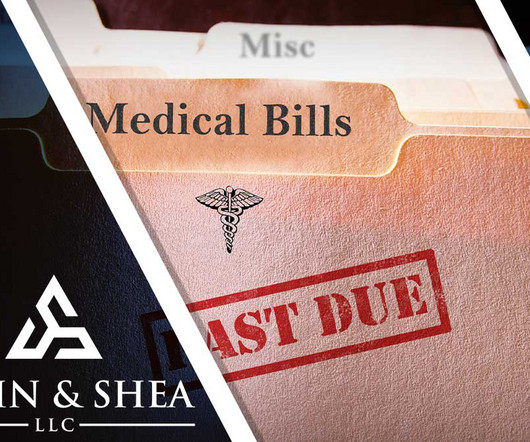What Assets Do You Lose in Chapter 7?
Sawin & Shea
APRIL 10, 2024
Chapter 7 bankruptcy is a great financial solution for those struggling with debt, especially unsecured debts. With Chapter 7 bankruptcy, you as the debtor can discharge most unsecured obligations after liquidating nonexempt assets. What Is Chapter 7 Bankruptcy?















Let's personalize your content